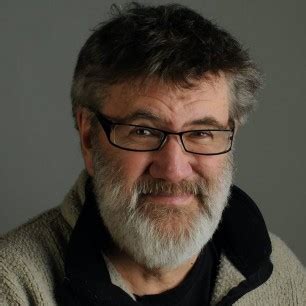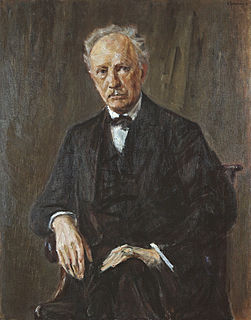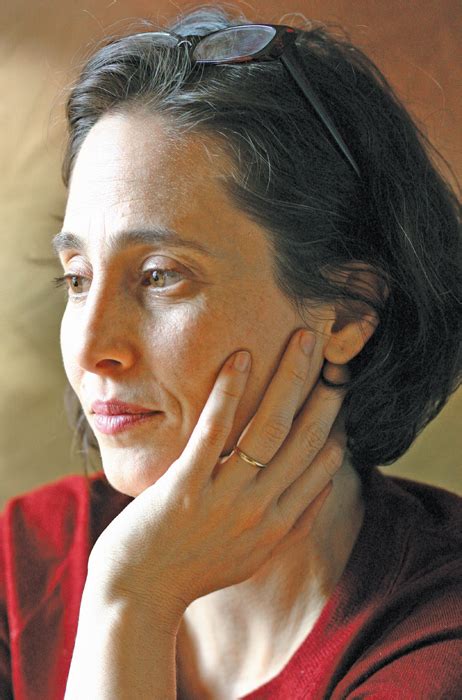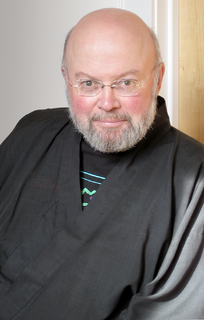A Quote by Lynn Freed
Blumenthal goes straight to the heart in these poems. Gorgeously wrought, surprising, true, wise, elegiac, they leave me with a sense of having listened to Mozart’s Ave Verum Corpus. Who could ask for more?
Related Quotes
You are everything good and straight and fine and true—and I see that so clearly now, in the way you’ve carried yourself and listened to your own heart. You’ve changed me more than you know, and will always be a part of everything I am. That’s one thing I’ve learned from this. No one you love is ever truly lost.
There are definitely connections between poems, but I wanted each to stand on its own. I guess it goes back to the idea of trying to zoom in and out, and to modulate, so there are different ways of looking at any experience for the reader. Even having short poems and long poems - there has to be some kind of variation in the experience of reading as a whole.
I know that one of the things that I really did to push myself was to write more formal poems, so I could feel like I was more of a master of language than I had been before. That was challenging and gratifying in so many ways. Then with these new poems, I've gone back to free verse, because it would be easy to paint myself into a corner with form. I saw myself becoming more opaque with the formal poems than I wanted to be. It took me a long time to work back into free verse again. That was a challenge in itself. You're always having to push yourself.
I believe it's impossible to write good poetry without reading. Reading poetry goes straight to my psyche and makes me want to write. I meet the muse in the poems of others and invite her to my poems. I see over and over again, in different ways, what is possible, how the perimeters of poetry are expanding and making way for new forms.
[When we drop our agendas] we begin to cultivate a mind of true goodness and compassion, which comes out of a concern for the Whole. As we live out of such a mind, we become generous, with no sense of giving or of making a sacrifice. We become open, with no sense of tolerance. We become patient, with no sense of putting up with anything. We become compassionate, with no sense of separation. And we become wise, with no sense of having to straighten anyone out.






































